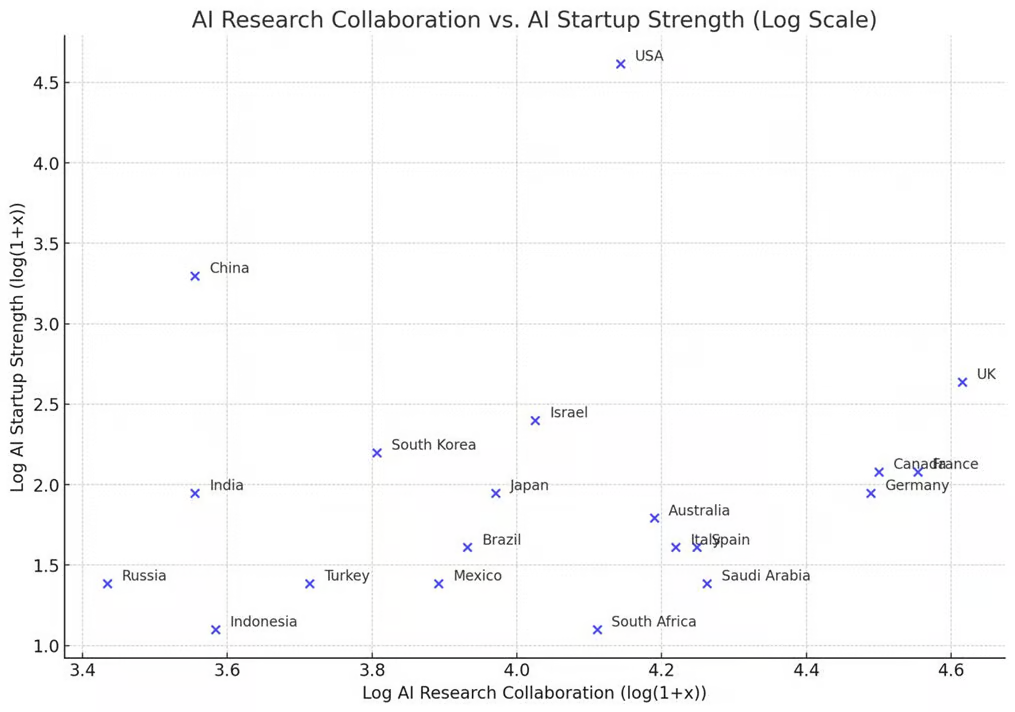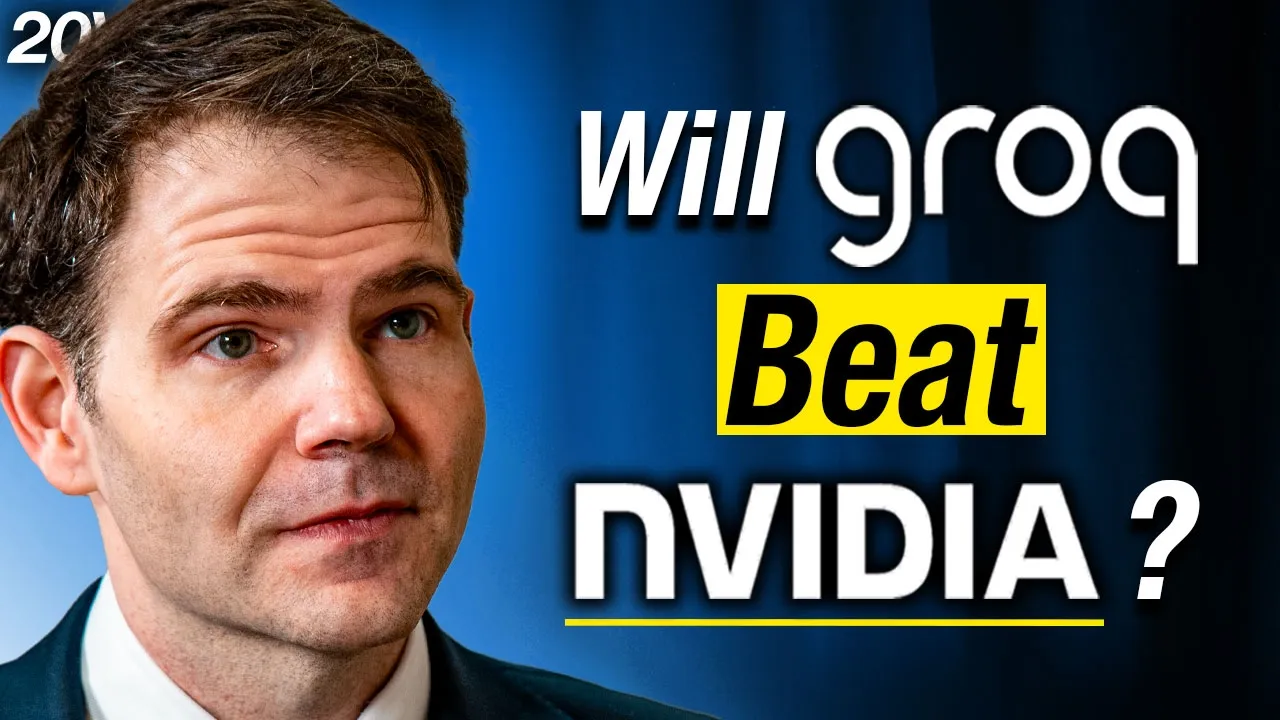20250218 – AI Power Dynamics: Winning the Global Technological Race

In a rapidly evolving AI landscape, nations grapple with the dual imperatives of dominance and collaboration. Chamath argues for U.S. supremacy in the AI race as a cornerstone for economic and military prowess, while DeepSeek’s open-source strategy underscores the benefits of global cooperation. Meanwhile, Jonathan Ross explores AI’s value distribution and efficiency challenges, spotlighting NVIDIA’s rivalry with Groq. As nations and corporations navigate these dynamics, understanding strategic moves becomes crucial.
1. Chamath Explains Why the US *Must* Win the AI Race
Chamath emphasizes that for a country to thrive, it must achieve economic and military dominance, which are both underpinned by technological supremacy. He cites the example of Microsoft turning to Anduril for a $22 billion contract with the U.S. Army, highlighting the importance of technological capability. Chamath views the AI race as a survival battle, where those who master superior technology will drive economic vitality and military strength, leading to a secure and powerful society.
Read more: https://youtube.com/watch?v=GeODvw0SuVM

2. 🌁#88: Can DeepSeek Inspire Global Collaboration?
The release of DeepSeek’s AI model, DeepSeek-R1, has significantly impacted the global AI landscape, challenging Western companies with its open-source strategy and cost efficiency. Countries like the United States, Europe, Korea, and Japan are responding with varying strategies, balancing AI nationalism with the need for open-source collaboration. The article emphasizes the importance of global cooperation in AI development, arguing that innovation thrives in an open environment where knowledge is shared across borders.
Read more: https://feedyour.email/posts/bfyxiyuwk9nlwxvk4ca5v1jf

3. 20VC: NVIDIA vs Groq: The Future of Training vs Inference | Meta, Google, and Microsoft’s Data Center Investments: Who Wins | Data, Compute, Models: The Core Bottlenecks in AI & Where Value Will Distribute with Jonathan Ross, Founder @ Groq
Jonathan Ross is the Founder & CEO of Groq and previously played a key role in developing Google’s Tensor Processing Unit (TPU). In a recent interview, he discussed various topics, including scaling laws, AI model training, and the future of AI inference, emphasizing efficiency and cost concerns. The conversation also covered the distribution of value in the AI economy, the AI investment bubble, and global AI strategies, including those of NVIDIA, China, and Europe.
Read more: https://www.youtube.com/watch?v=xBMRL_7msjY

That’s all for today’s Curated AI-Native Blogs and Podcasts. Join us at AI Native Foundation Membership Dashboard for the latest insights on AI Native, or follow our linkedin account at AI Native Foundation and our twitter account at AINativeF.